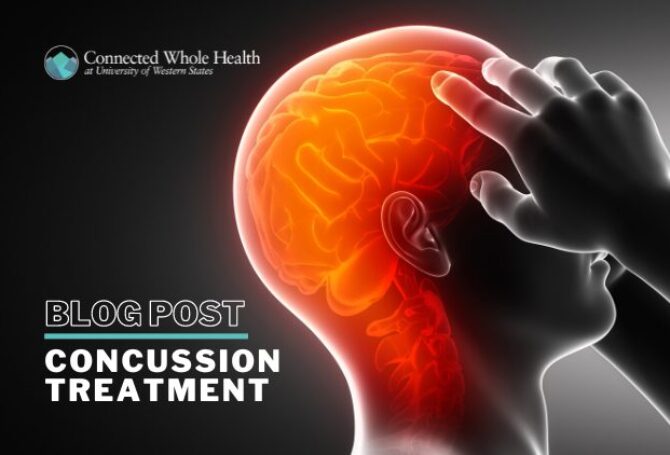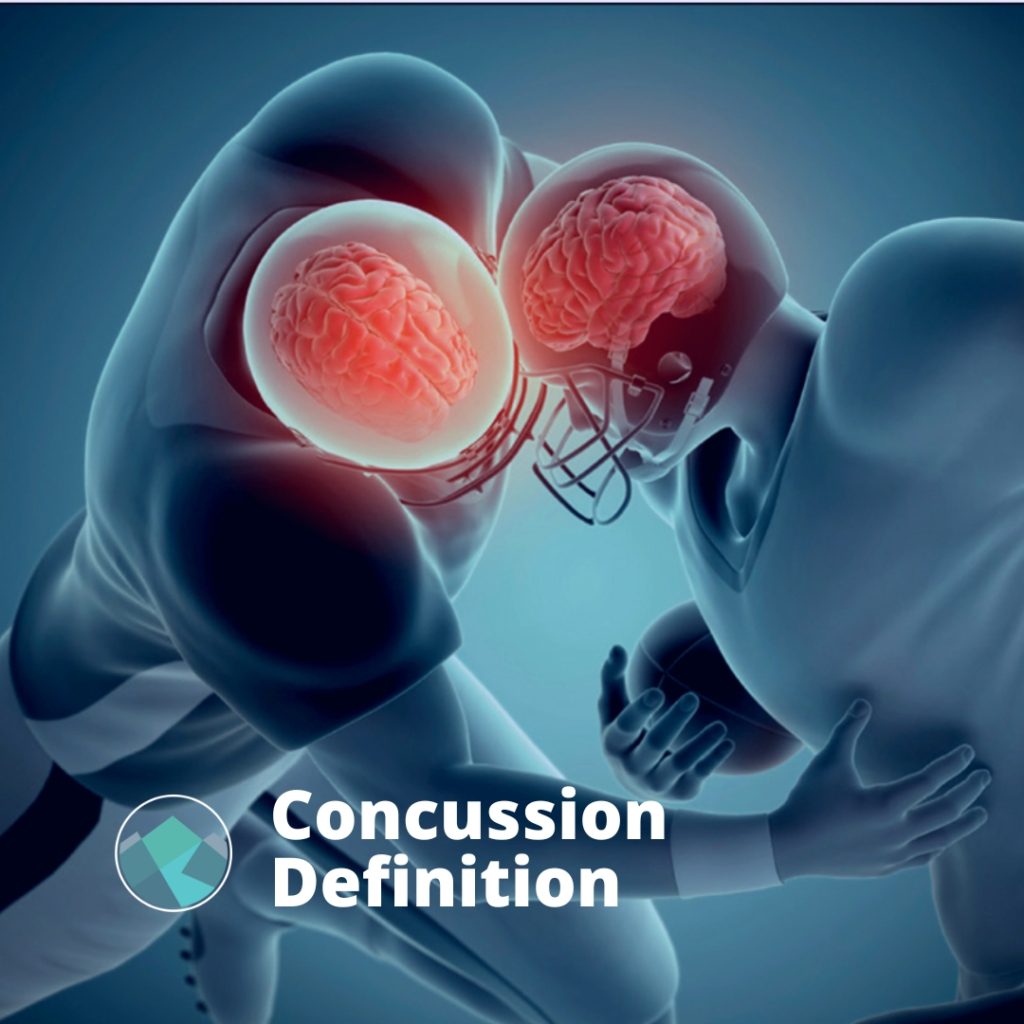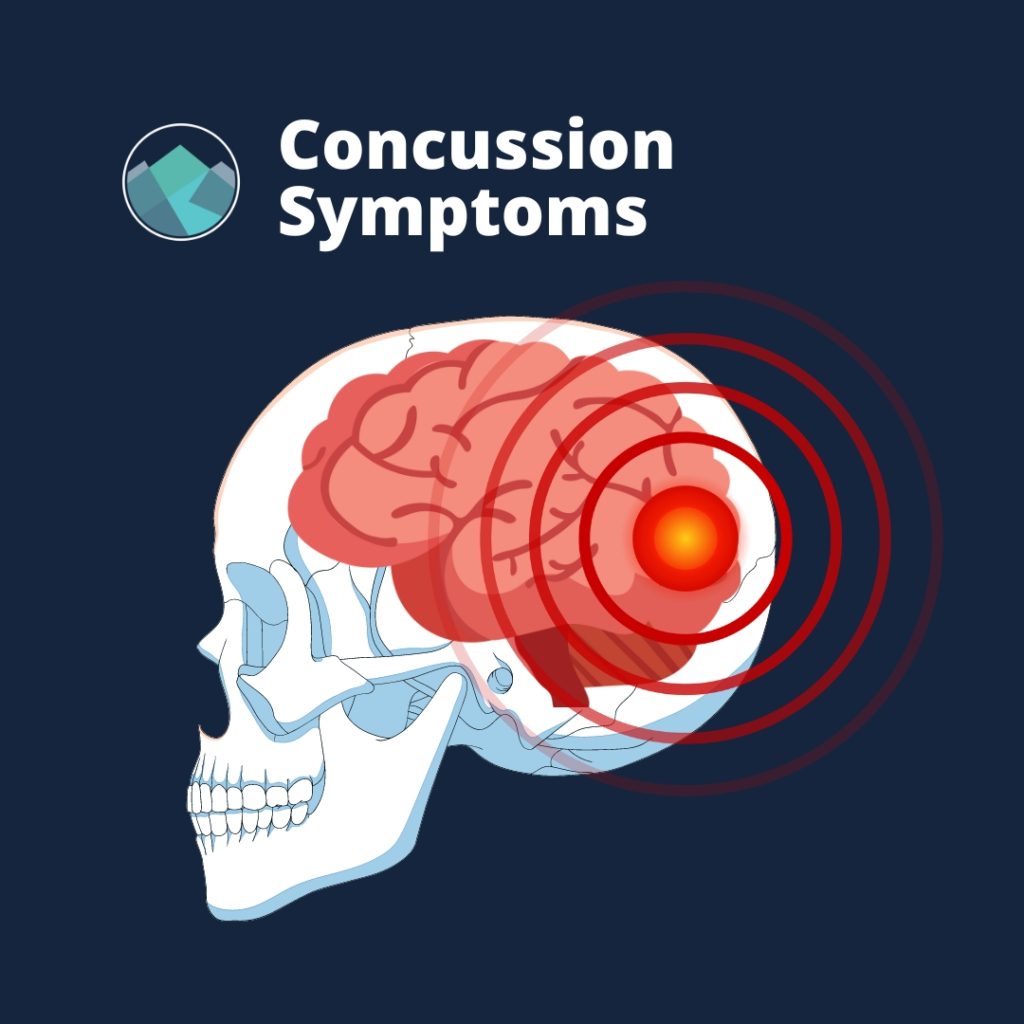
March 23, 2023
A concussion is a traumatic brain injury that affects your brain function. Effects are usually temporary but can include headaches and problems with concentration, memory, balance, and coordination.

A concussion is a brain injury caused by a blow to the head or a violent shaking of the head and body.
This occurs from a mild blow to the head, either with or without loss of consciousness, and can lead to temporary cognitive symptoms.

🔘 Headache: can be persistent or severe
🔘 Whole body: blackout, fatigue, or poor balance
🔘 Cognitive: amnesia, disorientation, or mental confusion
🔘 Sleep: sleep disturbances or sleepiness
🔘 Gastrointestinal: nausea or vomiting
Also common:
🔘 irritability,
🔘 mild depression,
🔘 ringing in the ears,
🔘 sensitivity to light
In the first few days after a concussion, relative rest is the best way to allow your brain to recover. We recommend that you physically and mentally rest to recover from a concussion.
Limit activities that require thinking and mental concentration for the first two days after a concussion.
You also should avoid physical activities that increase your symptoms until you are cleared to return to play.
Expect your doctors to facilitate a neurological examination and cognitive testing to determine the severity of your concussion and the next steps.
If you are experiencing concussion symptoms, visit Connected Whole Health‘s team of Chiropractic Sports Diplomates and Certified Chiropractic Sports Physicians for an effective path to recovery.
✒️ Chief Editor: Dr. Bill Moreau | DC, DACBSP, FACSM | Chief Medical Officer
